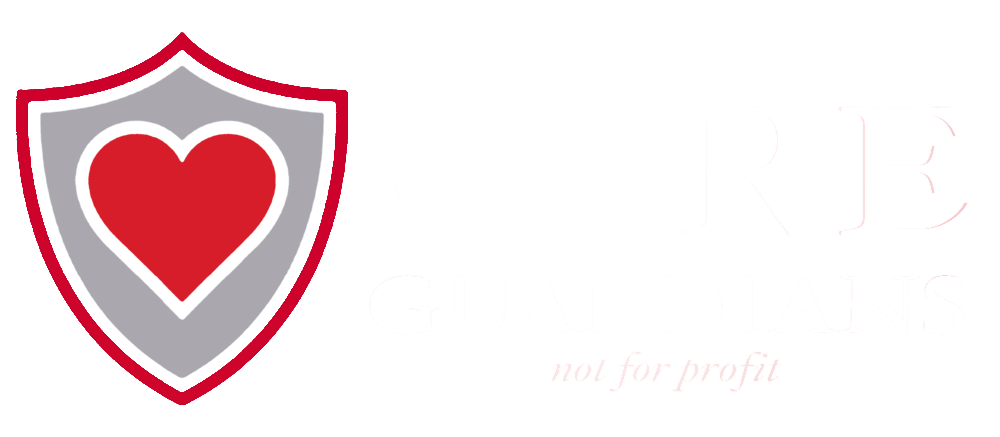Care Guardians Inc. is a not-for-profit company that provides guardianship services for people with disabilities. Care Guardians can also serve as Health Care or Financial Power of Attorney.
Guardianship is a legal process in which a court-appointed guardian takes responsibility to care for the personal or property interests of another person, called a ward. The extent to which a guardian makes decisions for a ward is determined by the court based on a thorough clinical evaluation and report.
Guardianship may be appropriate when a person is unable to make and communicate responsible decisions for his personal care or finances due to a mental, physical or developmental disability.
When Should Guardianship Be Considered?
At age 18, the law presumes a person can handle his or her own affairs. Taking away this right is an important legal decision and should only be considered after other alternatives are considered.
Guardianship may be appropriate when a person is unable to make and communicate responsible decisions for their personal care or finances due to a mental, physical or developmental disability.
A mental or physical disability does not necessarily dictate a need for guardianship. Determining the need for guardianship focuses on the ability of the person to make decisions and to properly communicate those decisions once made. Everyone makes incorrect or ill-advised decisions at times. For guardianship, what is important is being unable to engage in the decision making in the first place.
Practical questions to ask include:
- Does the person understand a particular decision must be made?
- Does he or she understand the options available involving a decision?
- Does the person understand the consequences of each option?
- Can the person properly inform appropriate parties once the decision has been made?
Being unable to make sound decisions about where to live or work, how and when to seek medical care or other professional services, how to properly care for dependents, and how to purchase items like food and clothing is an indication a person may need guardianship help.
Who Can Be a Guardian?
Any person at least 18 years of age who has not been convicted of a serious crime, is not a service provider or creditor of the ward, and is acceptable to the court, may be named guardian of the person or estate of an adult with disabilities. The person must demonstrate to the court an ability to manage the duties of guardianship.
Alternatives to a family member or friend serving as guardian include:
- Office of State Guardian: A state-supported program available to individuals when the estate value is less than $25,000
- Office of Public Guardian: A county-supported program available to individuals when the estate value exceeds $25,000
- Not-for-Profit companies, such as Care Guardians Inc.
- Trained professionals, such as attorneys
- Banking institutions may be appointed guardian of the estate but not guardian of the person
In all cases, fees for services performed are charged to the estate.
Our Code of Ethics
Care Guardians is a member of the National Guardians Association and, as such, closely follows its ethics guidelines. As guardian we:
- Treat the disabled person with dignity
- Involve the person to the greatest extent possible in all decision making
- Choose the option that least restricts the person’s freedom and rights
- Identify and advocate for the person’s goals, needs, and preferences
- Maximize the self-reliance and independence of the person
- Keep the person’s affairs confidential
- Avoid conflicts of interest and self-dealing
- Comply with all laws and court orders
- Manage all financial matters carefully
- Respect that the money and property being managed belong to the person.

Our Team
Guardianship cases are typically complex. The ward can greatly benefit from a guardian who is skilled at handling the myriad details of court reporting and client care.
Care Guardians’ team of social workers and other clinical professionals deliver specialized skills across a broad range of guardianship issues, including:
- Developmental disabilities
- Psychiatric illnesses, including geriatric conditions
- Alzheimer’s disease and other forms of dementia
- Workers’ compensation
- Personal injury, such as a brain injury
- Hoarding
- Financial exploitation
- Abuse and neglect cases

